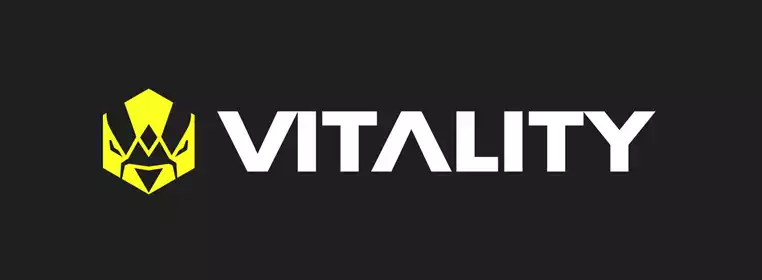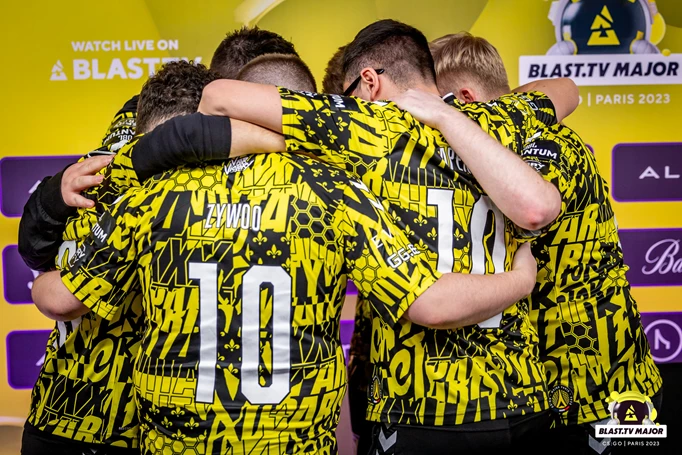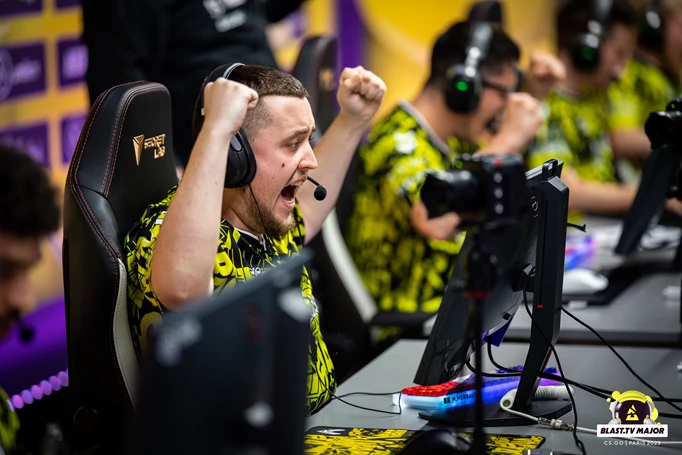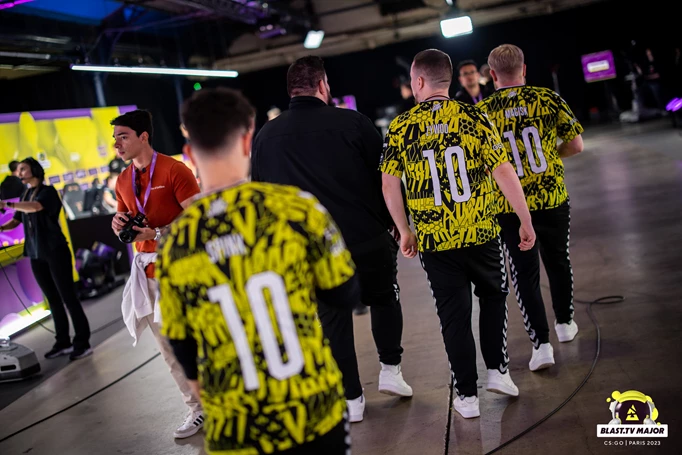Team Vitality Esports Director's laser focus on Paris major

They have never won, and it’s their last chance to get it. On form, on time, a French organisation plays at the last Counter-Strike: Global Offensive Major, which happens to be hosted in France for the first time, with their team being spear-headed by a French superstar and arguably the best player in the world.
Now Team Vitality around Mathieu “ZywOo“ Herbaut is in the quarterfinal of the BLAST Major Paris. The bracket looks in their favour, with the other favourites facing each other on the other side. Fate has played a part as an unusual number of top teams fumbled in the Legends stage.

 Click to enlarge
Click to enlargeOne might argue it’s theirs to take. Fresh off a win at IEM Rio through a bracket run during which they’ve already proven to be able to beat all of the remaining usual suspects the stars appear to be aligning.
GGRecon talked to Esports Director at Team Vitality, Anne Banschbach to discuss her team’s focus on the last CS:GO Major.
Would you have liked to have the last Major be more exciting and feature more of the big names in the playoffs?
I wouldn't say it's not exciting right now. I think it's a different excitement.
It's still the last major. It's still in Paris. It's still 10 years of CS:GO and 10 years of Vitality. And it's the first time in France for a Major like this. Saying we're excited is the understatement of the century. We're so hyped to be in front of the home crowd, in front of the golden Hornets, and just everybody else.
Of course, I would've loved to have a good matchup against G2, Fnatic, or NIP and the likes, but alas can't have it all, and I think we're gonna do them proud.

 Click to enlarge
Click to enlargeZywOo shared he really feels like this is a special moment in his career and you have been specifically practising in order to peak here. How does this express itself in the day-to-day for the team?
This special moment was something that we've worked on for a long, long time. This started not just a couple of months ago, but last year already when we started what we call the “Road to Paris” internally. That was when we started to make a timeline of expectations and set up a way of working with the players specifically, also with the coaches and the performance manager.
We saw last year with the Major in Rio and the RMR and EPL win just beforehand, that if you peak at the wrong time, you miss opportunities at the major just because I guess your tank is empty. There's only so much you can give at a certain point in time. So we're prepared a long way. And now it's more about what's not different than any other component or tournament because we're trying to keep the routines as much as possible in place.
Of course, there's additional strain and expectations — it's France here in Paris — but we're trying to give them the environment that they can perform the very best in that they're used to, and that they have practised for the last half year.
Did you gradually improve practice hours or did it just come naturally as excitement rose?
I think it came naturally. Also, the physical arrival in Paris changed a lot of things for the team. I think it makes it real, being on-site and seeing all the fans and having the meet and greet beforehand at the office with the fans, queuing for hours beforehand.
In general, it's obviously nice to say we try to keep pressure low, but the players… they're on the internet. They have thoughts, they see these things. It's tricky for them to manage that, but that's why I'm so glad we have Lars, our performance manager who really upped the team culture on this and helped them express their emotions and feelings on this and work through that pressure.
I think it's a lie that you can just ignore it or not face it, but you can deal with it. There are certain methods to cope.
Were there specific strategies you opted for from a business or management point of view like making additional resources available?
For sure. Lars was part-time last year and then since this year has been full-time with the team, he's been present at every single event, which makes a big difference. Because the players just have access to him in person 24/7 and he sees the reactions after the game right away to be able to talk to them about it.
On another note, we focused on consistency a lot, so it's always the same people around the team. Even content and social media will be the same people so that there's consistency for the players. Expectations are set and they know what to expect.
From a business perspective, we try to combine a lot of activations and expectations for partners and fans while disturbing a schedule as least as possible to really focus on performance. Of course, there's a sweet spot you have to hit because you need the public presence. You want to give the partners and fans what they want, but you also need to give the players as much time as possible.
It was a really neat balance… I guess a balancing act that we pulled off. But in the end, you can see the results right now, you know, and it's looking good.

 Click to enlarge
Click to enlargeCan you explain what the day-to-day or the process looks like and where the extra effort came in?
I think hour-wise, you can't see extra effort outside of the players grinding a little bit more on FACEIT or doing their own work after team practice.
Team practice usually will be eight hours a day. They'll log on, they will have theory sessions. They will have scrims or prac as they call it, and they'll work with the coaches.
It really depends on the week, specifically on the travel schedule and on the off times. Because in CS:GO, the biggest challenge is that there is no such thing as an off-season. There's a player break and then over Christmas, there is a break. Other than that, they're on the road and maybe back a little bit, but then resting.
So it's also using the events as strategically as possible, not just as a competition, but also to learn as much as you can. I think it also shows in Rio. We went into Rio out of the RMR with one day flight/media day into games. They didn't have rest. I think they had not even three hours in between.
The fact that they won Rio, I think is because we looked at this tournament as a no-pressure-perform-as-best as possible situation.
The focus was on Paris and then the head switched off and everything fell into place from the practice that we had, and then you could see what they're capable of.
Team Vitality kick off their playoff journey versus Into The Breach at 6pm BST, May 18th.
